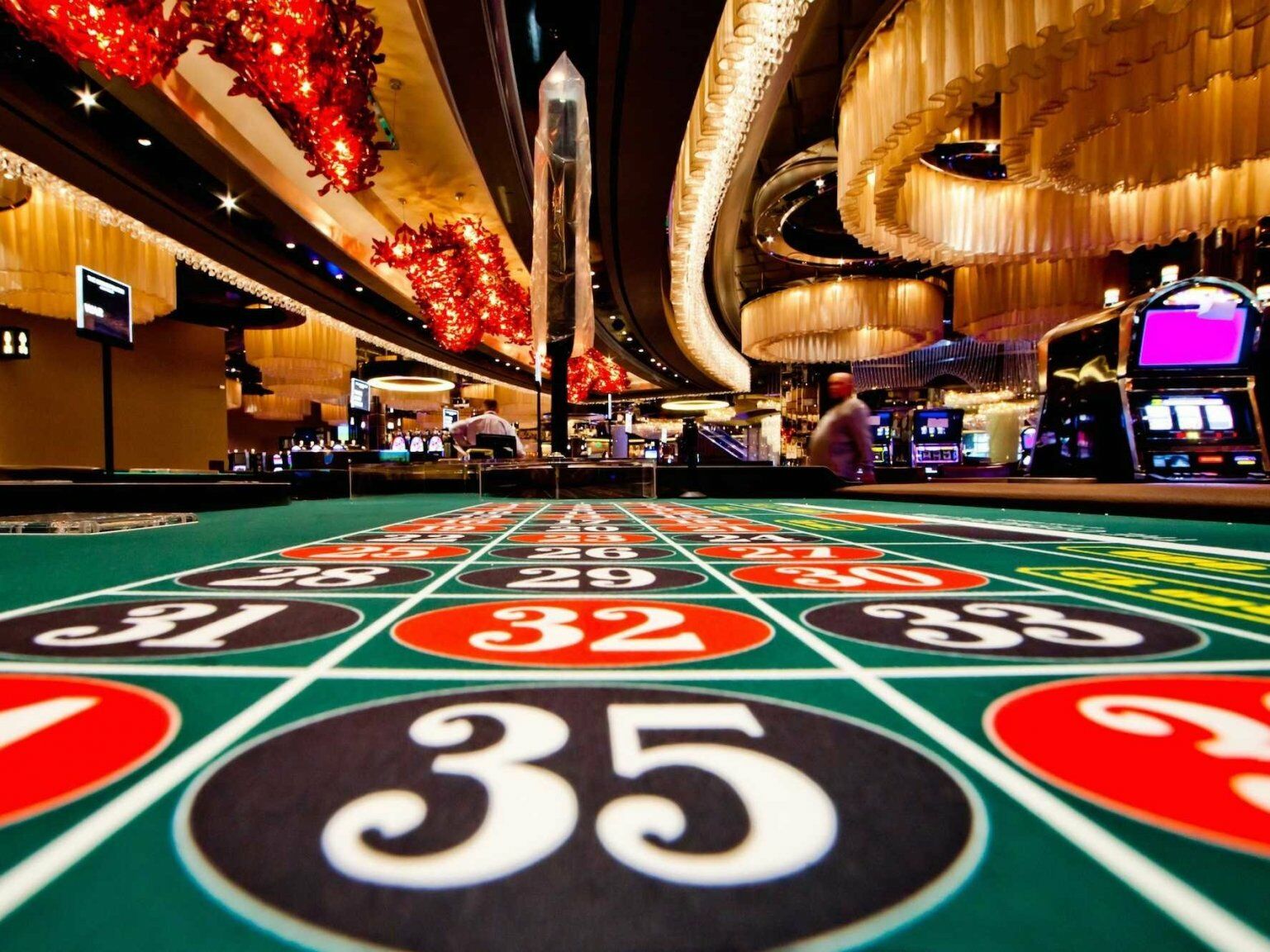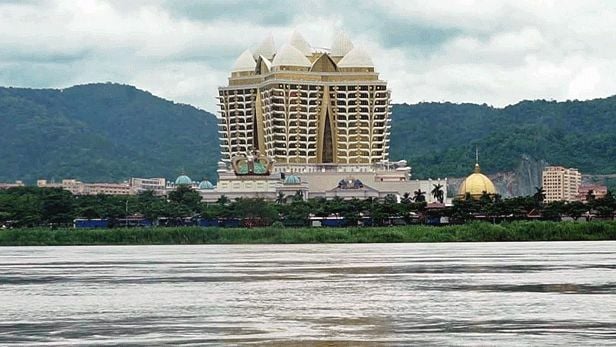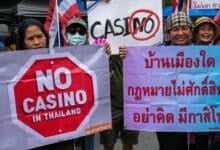Thailand’s casino bill could be revived in 2026 – success hinges on political coalition

The casino legalisation debate is again going on in Thailand. It is stated that, based on an analysis of a recent legal expert, the stuck in the rut Entertainment Complex Bill can be reintroduced already in 2026. The outstanding consideration is whether the ruling Pheu Thai Party is able to end political instability and form a stable coalition government. This prospect is attracting interest due to the fast development of the online and offline casino business across the globe. Assuming improvements, it may create fresh prospects for the Thai online casino industry and the associated markets. Thai gamblers can currently access a wide range of offshore casino platforms that operate in less restrictive countries.
The legalisation of casinos in Thailand is one of the things that has been discussed for decades. In a world where the illegal gambling market is operating on a mass scale, the government has made several attempts to introduce it into the formal sector to generate tax revenue and be regulated transparently. But it has been religious and cultural conservatism, social issues, and political tensions that have led to real legislation failure time and again.

The past several months have been characterised by instability in the political arena of Thailand, and this has postponed these talks. The alterations in the prime ministership, coalition partners pulling out, and the scandalous issues on the moral front have not ended, but the government has to either retract or place the Entertainment Complex Bill on the official front.
However, analysts note that the bill is not dead one but is in the stage of pending stage, which can open a chance of being reintroduced. Specifically, if the Pheu Thai Party manages to restructure the coalition, the assessment of the bill being reintroduced after 2026 in a state of political stability is high. This is not just a matter of legislation, because the legalisation of casinos is directly associated with the tourism business in Thailand, and indirect economic impact may be in the form of attracting foreign capital, rejuvenating local economies, and job creation.

Thailand has already established itself as a major tourist destination in Southeast Asia. Every year, tens of millions of foreign tourists flock to key destinations such as Bangkok, Chiang Mai, Phuket, and Pattaya, and according to the Bangkok Post, Lieutenant Colonel Sakarin Anusamansakul, Deputy Chief of the Tourism Police’s 7th District Office, estimated that during a specific period, approximately 200,000 visitors from Malaysia alone would travel to southern Thailand.
However, in recent years, there have been criticisms that Thailand has relatively lost its competitiveness as neighbouring countries attract tourists using casinos and resort complexes as a draw, with the Philippines, Singapore, and Macau being representative examples. In this context, the Entertainment Complex Bill is cited as a strategic tool for Thailand to regain competitiveness in the global tourism market.

The economic ripple effects are also reflected in figures. According to a research report by the Thai Parliament, if casino-style integrated resorts are legalised, foreign direct investment worth billions of dollars is expected to flow in during the first five years. Additionally, tens of thousands of jobs would be created during the construction phase, and once operational, significant spillover effects could extend to related industries such as hotels, restaurants, and the cultural sector. Bringing illegal gambling venues into the formal system is also expected to enhance tax revenue and social control. These factors form the background for why the Thai government is discussing gambling legalisation more proactively than in the past.
Currently, discussions on casino legalisation in Thailand are at a stage where uncertainty and opportunity coexist. The fate of the bill depends on simultaneously satisfying three variables: political stability, social persuasion, and the international investment environment. Nevertheless, with prospects emerging that the bill could be resubmitted to the Parliament starting in 2026, industry stakeholders and investors are cautiously optimistic.
Latest Thailand News
Follow The Thaiger on Google News:


























